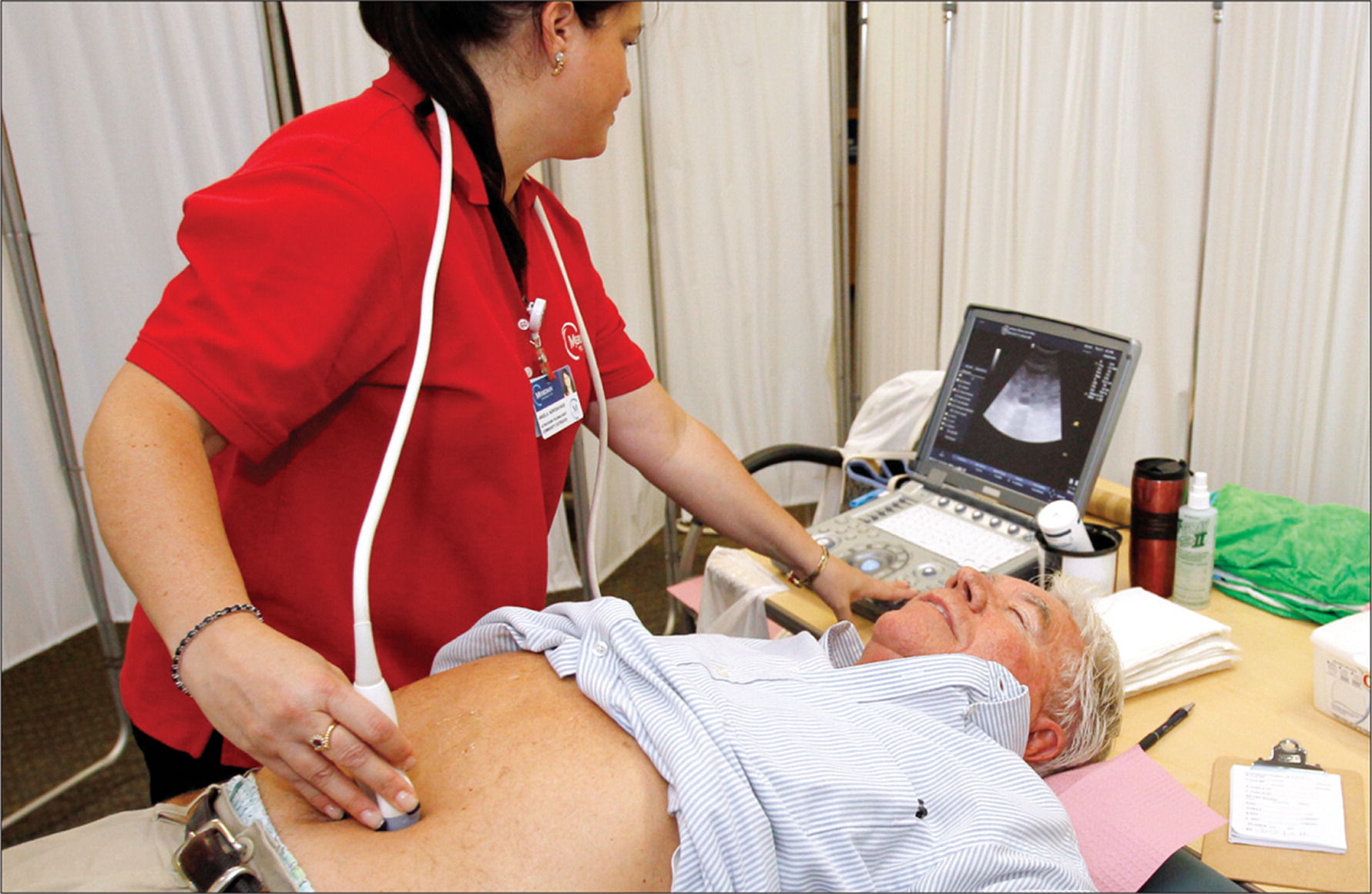Hypertension frequently has no symptoms. Symptoms of high blood pressure include vertigo, headaches, and nosebleeds. Untreated long-term hypertension can lead to stroke, heart disease, hearing issues, and renal failure. A hypertensive emergency can produce blurred vision, nausea, chest pain, and anxiety.
Symptoms
Most patients with hypertension have no symptoms. It is commonly diagnosed at the doctor’s clinic with a blood pressure cuff reading.
If symptoms do develop, they may be connected to the need of medication dosages or brief variations in blood pressure. Hypertension or vertigo symptoms can occur at any time, last just a short period, and return.
Here are the associated issues:
Headaches:

source: ipressroom.com
Everyone gets headaches, hypertensives included. When blood pressure rises above normal, some hypertensives report changes in headaches. Hypertension-related headaches can be mild to even severe, and throbbing.
Dizziness (Vertigo):
Hypertensive patients may experience dizziness due to drug dosages or blood pressure swings. This vertigo can also lead to hearing issues as the blood pressure rises.
Breathlessness:
The effects of hypertension on the lungs and heart can induce shortness of breath.
Nosebleed:

source: edwardkuanmd.com
Although nosebleeds aren’t a conventional symptom of high blood pressure, they may be more common in people with hypertension.
Rare Signs
Sudden hypertension is more likely than persistent hypertension to cause symptoms. However, even too high blood pressure may not cause symptoms.
Vision blurriness or other issues:
Blurred vision or changes in vision can indicate a significant health issue such as heart attack or stroke.
Headaches:
High blood pressure causes throbbing headaches that can develop quickly.
Dizziness:

source: news-medical.net
High blood pressure dizziness (vertigo) can also take place and this can also cause hearing issues.
Vomiting and loss of appetite:
Severe hypertension can cause nausea and dizziness.
Complications
Untreated hypertension causes organ damage. Rarely, hypertensive emergency, also known as malignant hypertension, occurs.
Hypertensive Crisis
Unlike hypertensive urgency, a hypertensive emergency has substantial, life-threatening effects. A hypertensive emergency is defined as a blood pressure >180 mm Hg or diastolic pressure >120 mm Hg causing end-organ damage.
Aneurysm Burst

source: elsevierhealth.com
An aneurysm is a bulging in the wall of the artery. Aneurysms in the brain, aorta, and kidneys are caused by hypertension, and unexpected increases in blood pressure can cause deadly ruptures.
Vasculitis
Hypertension raises the risk of vascular conditions, including atherosclerosis (blood vessel hardening and stiffening) and artery narrowing. Vascular illness affects the heart, legs, brain, eyes, and kidneys, causing disabling or fatal symptoms.
Excessive pressure affects artery wall issues
Hypertension contributes to coronary artery disease, heart failure, and arrhythmias.
Ketosis
Hypertension can damage the kidneys’ blood vessels, causing lasting damage.
Lung Illness

source: niehs.nih.gov
Symptoms of respiratory illness include breathing issues and various other issues.
When You Need to See a Doctor
It’s vital to keep up with your regular doctor visits. Hypertension can be a pretty common illness that can be managed with medicines.
Hypertension necessitates regular check-ups with your doctor. If you’re already on high blood pressure dosage and are experiencing side effects, talk to your doctor about changing your dosage.
How Vertigo Can Cause Hearing Loss?
The inner ear’s labyrinth is our equilibrium system. The cochlea is found in the labyrinth. Semicircular canals and otolith organs near this cochlea are responsible for balancing. Therefore, the body, along with sight and touch, detects movement. All these together help us to lead our daily lives. If you have vertigo, you must consider using hearing aids.
Many reasons can cause vertigo or balance issues, but hearing loss is known to cause balance issues. Inner ear issues that cause hearing loss can also cause balance issues, dizziness, and vertigo. Our ears do more than just hear. They also hold our vestibular system, therefore hearing loss can cause balance issues.
Vertigo and hearing loss are not necessarily linked. You may have hearing impairment and never have vertigo, or vice versa. If you experience hearing loss due to ear or a head injury, seek quick medical assistance to avoid future balance issues or falls.
Ménierè’s disease causes sudden hearing loss, balance issues, and dizziness.
Bottom Line

source: healthshots.com
An audiologist can help you by diagnosing the hearing loss and vertigo by providing treatment options. Since vertigo can also lead to high blood pressure issues as well, so your audiologists may even suggest hearing aids.
Looking after your ears will make you feel better. Keeping your ears healthy is vital since they are also linked to your bodies which contribute a lot to your overall health.




